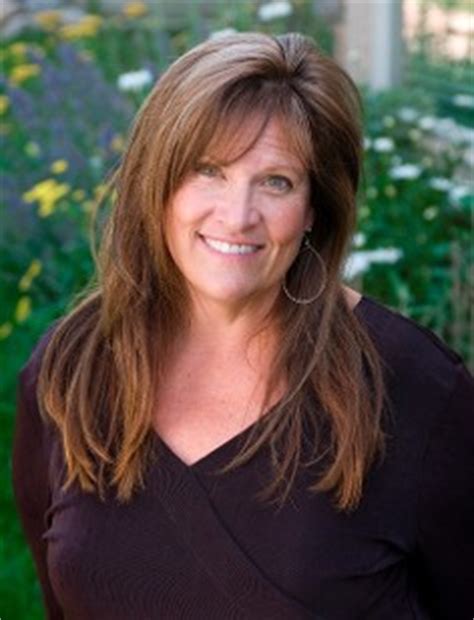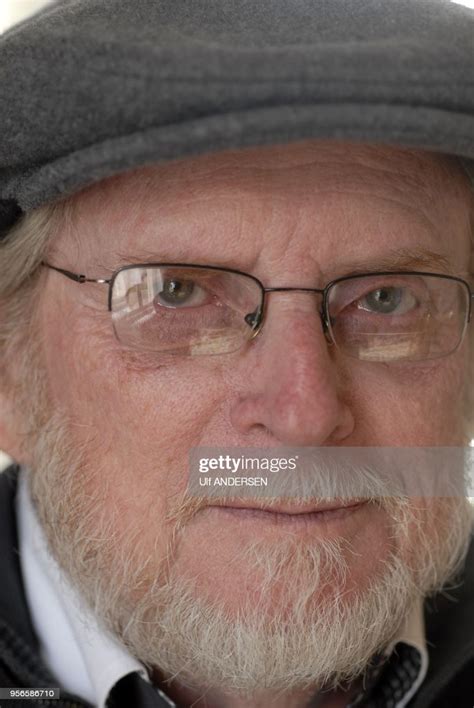A Quote by V. S. Pritchett
The novel...creates a bemusing effect. The short story, on the other hand wakes the reader up. Not only that, it answers the primitive craving for art, the wit, paradox and beauty of shape, the longing to see a dramatic pattern and significance in our experience.
Related Quotes
But I am not sure it would contain any short stories. For the short story is a minor art, and it must content itself with moving, exciting and amusing the reader. ...I do not think that there is any (short story) that will give the reader that thrill, that rapture, that fruitful energy which great art can produce.
Beauty is transcendent. It is our most immediate experience of the eternal. Think of what it's like to behold a gorgeous sunset or the ocean at dawn. Remember the ending of a great story. We yearn to linger, to experience it all our days. Sometimes the beauty is so deep it pierces us with longing. For what? For life as it was meant to be. Beauty reminds us of an Eden we have never known, but somehow our hearts were created for.
Your opening should give the reader a person to focus on. In a short story, this person should turn up almost immediately; he should be integral to the story's main action; he should be an individual, not just a type. In a novel, the main character may take longer to appear: Anna Karenina doesn't show up in her own novel until chapter eighteen.
What is a novel? I say: an invented story. At the same time a story which, though invented has the power to ring true. True to what? True to life as the reader knows life to be or, it may be, feels life to be. And I mean the adult, the grown-up reader. Such a reader has outgrown fairy tales, and we do not want the fantastic and the impossible. So I say to you that a novel must stand up to the adult tests of reality.
These short stories are vast structures existing mostly in the subconscious of our cultural history. They will live with the reader long after the words have been translated into ideas and dreams. That's because a good short story crosses the borders of our nations and our prejudices and our beliefs. A good short story asks a question that can't be answered in simple terms. And even if we come up with some understanding, years later, while glancing out of a window, the story still has the potential to return, to alter right there in our mind and change everything.
We all dream dreams of unity, of purity; we all dream that there's an authoritative voice out there that will explain things, including ourselves. If it wasn't for our longing for these things, I doubt the novel or the short story would exist in its current form. I'm not going to say much more on the topic. Just remember: In dictatorships, only one person is really allowed to speak. And when I write a book or a story, I too am the only one speaking, no matter how I hide behind my characters.
Philip Galanes makes his debut with a novel that is both heartbreaking and deftly comic, the story of a young man struggling with his most primitive desires--wanting and needing. It is a novel about the complex relationships between parents and children, a story of loss and of our unrelenting need for acknowledgment, to be seen as who we are. And in the end it is simply a love story for our time.
The analytical writer observes the reader as he is; accordingly, he makes his calculation, sets his machine to make the appropriate effect on him. The synthetic writer constructs and creates his own reader; he does not imagine him as resting and dead, but lively and advancing toward him. He makes that which he had invented gradually take shape before the reader's eyes, or he tempts him to do the inventing for himself. He does not want to make a particular effect on him, but rather enters into a solemn relationship of innermost symphilosophy or sympoetry.
A form wherein we can enjoy simultaneously what is best in both the novel and the short story form. My plan was to create a book that affords readers some of the novel's long-form pleasures but that also contains the short story's ability to capture what is so difficult about being human - the brevity of our moments, their cruel irrevocability.



































